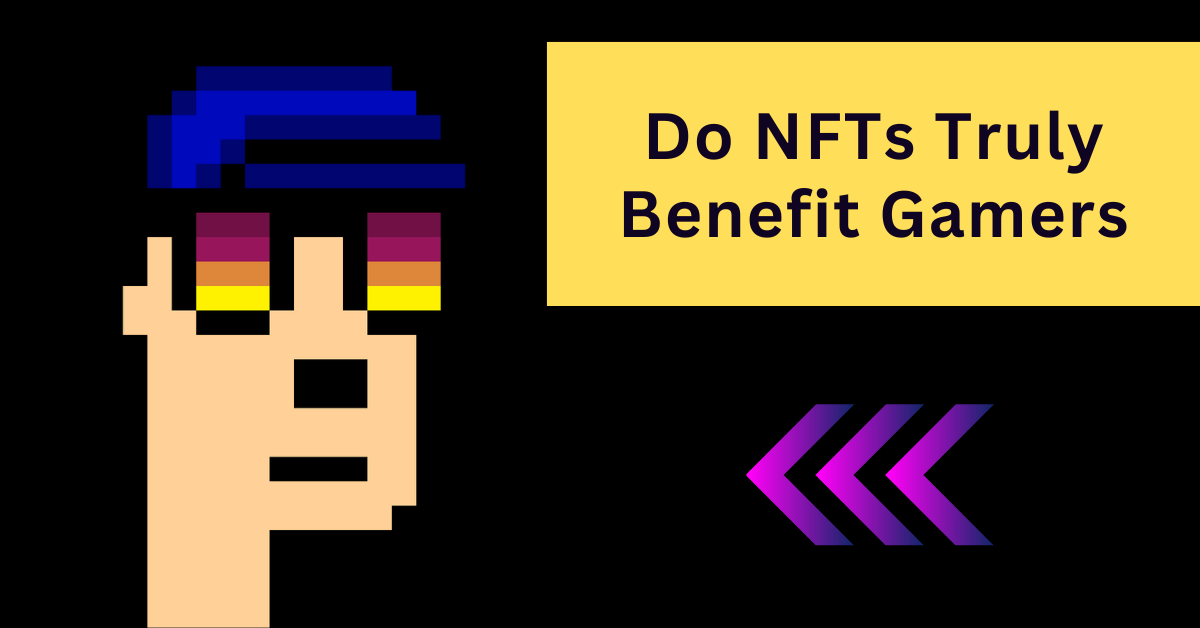The rise of NFTs (Non-Fungible Tokens) in gaming has sparked both excitement and skepticism within the gaming community.
While these digital assets promise players true ownership of in-game items, there’s an ongoing debate: Do NFTs genuinely enhance the gaming experience, or are they just a tool for developers to boost profits?
In recent years, blockchain-based games have introduced a new model where players can buy, sell, and trade in-game assets like skins, characters, or virtual land, which can hold real-world value.
But is this a revolution for gamers, or just another way for developers to capitalize on the hype?
Decentralized Ownership: A New Era for Players?
At the core of NFTs in gaming is the concept of decentralized ownership. Traditionally, in-game assets like weapons, characters, or special abilities are owned and controlled by game developers.
Players invest hours into games like World of Warcraft or Fortnite, but they don’t actually “own” the assets they earn.
These assets are locked within the game, and if the game’s servers shut down, those items vanish without a trace.
NFTs change this by giving players true ownership. With blockchain technology, players can own, trade, and sell their in-game assets outside the game’s ecosystem.
Imagine earning a rare sword in a game and then selling it for real money on a secondary market. This gives players more control over their in-game rewards, turning gaming into a potential source of income.
The NFT Boom and Its Impact on Gaming
The boom of NFTs in 2021 brought games like Axie Infinity into the spotlight, where some players were able to make up to $1,500 per month by selling in-game characters.
This showed that NFTs could be more than just digital collectibles; they could have real-world value.
Similarly, The Sandbox, a virtual world built on NFTs, generated over $350 million in sales of virtual land, proving that players were willing to invest in these digital assets.
These developments raised the possibility that gaming could evolve into a space where players can both play and profit.
Developer-Centric Monetization: Who Really Wins?
While the idea of player ownership is exciting, NFTs also offer a lucrative opportunity for developers. Through smart contracts, developers can earn royalties on every resale of an NFT, creating a continuous stream of revenue.
For example, Axie Infinity made $1.3 billion in revenue by mid-2021, largely from royalties on NFT sales.
However, this focus on profit can sometimes overshadow the player experience. High gas fees and inflated prices for NFTs have made some games less accessible to casual gamers.
In some cases, it feels like developers are more focused on turning games into investment platforms rather than creating fun, engaging experiences for players.
Gamer Frustration: Are NFTs a Financial Burden?
For many players, the cost of participating in NFT-based games is simply too high. In 2021, during Ethereum’s gas fee surge, it could cost over $100 just to transfer an in-game NFT, leading to widespread frustration.
This has created a barrier for many gamers, especially those who are more interested in the gameplay than in the potential financial gains.
Moreover, many players feel that NFTs have shifted the focus of games from enjoyment to profit. A survey from the Blockchain Game Alliance in 2022 found that 58% of players felt NFTs didn’t enhance their gaming experience. Instead, they felt like an added financial burden.
The Future of NFTs in Gaming
As NFTs continue to integrate into gaming, the question remains: Are they a fad or the future? While blockchain enthusiasts see NFTs as a breakthrough in gaming, many traditional gamers remain skeptical, fearing that the spirit of gaming will be lost in a sea of speculative trading.
For NFTs to truly benefit both gamers and developers, there needs to be a balance. NFTs should enhance the gaming experience, not exploit it.
Developers who prioritize player engagement and avoid profit-driven models can unlock real value with NFTs. But if NFTs become just another cash grab, they could alienate players and harm the industry.
In the end, the future of NFTs in gaming depends on how they are implemented. Will they empower players with true ownership, or will they simply pad developers’ profits? Only time will tell.

